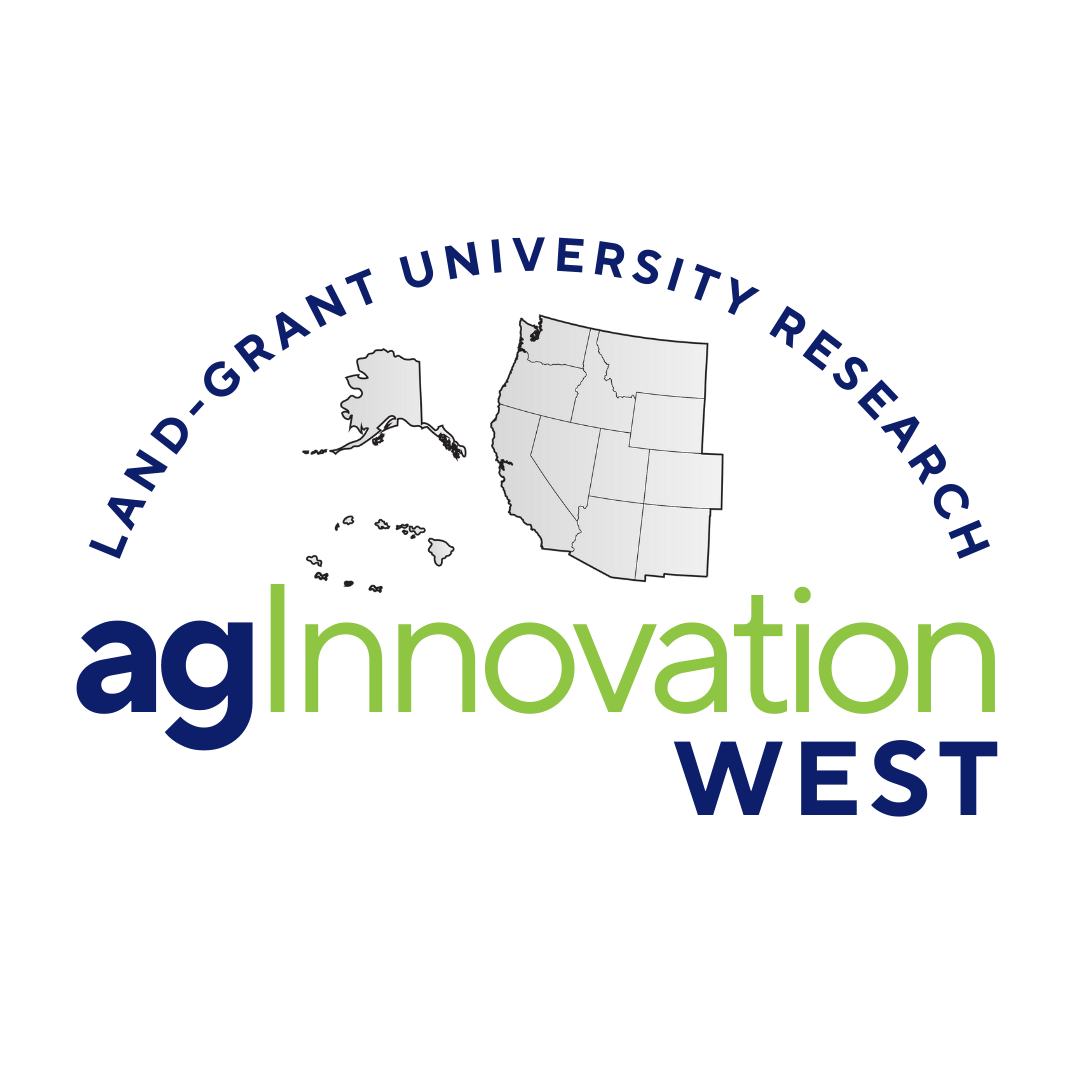
WDC54: Social and Economic Sustainability of Rangeland-based Operations and the Communities that Rely on Them
(Multistate Research Coordinating Committee and Information Exchange Group)
Status: Inactive/Terminating
WDC54: Social and Economic Sustainability of Rangeland-based Operations and the Communities that Rely on Them
Duration: 02/10/2021 to 09/30/2023
Administrative Advisor(s):
NIFA Reps:
Non-Technical Summary
Statement of Issues and Justification
Ranching operations that rely on rangelands of the western U.S. face numerous threats to their long-term viability. Further, rural communities across the western U.S. are reliant on both the economic activities and supply of human capital that result from these operations. Also, many of these operations supply calves to the overall beef supply chain proving they are a vital part of red meat production across the country (and the world). Ranching operations keep grazing animals on the lands (both public and private) that have evolved under grazing pressure. The elimination of grazing pressure that would occur in the absence of ranching operations would likely lead to a reduction in ecosystem services (both market and non-market based) provided by these vast landscapes. Keeping working ranches in these areas also prevent land fragmentation that would likely occur under further development pressures in some western landscapes.
Justification for forming a Multistate Research Project: Formation of a Multistate Research Project will facilitate co-created experimental design and implementation among states to better understand both regionally-specific differences in responses to/outcomes of economic stressors as well as common themes to these threats, and will ultimately show the ability (or lack thereof) of ranches to remain viable across the western U.S. Example projects that this group may pursue include: 1) how public lands policy (as well as ESA) impacts private ranches and the communities that rely on them 2) how climate projections will impact ranch viability in the western U.S., including how alternative management actions can lesson these impacts 3) Evaluation of how new technologies can be used to enhance ranch sustainability, and how adoption of these new technologies will transform local communities.
Potential duplication in efforts in existing committees: The most similar western regional Multistate Projects are WDC50, W1188 and W4133. However, WDC50 is focused on invasive grass management in western rangelands (of which economics will be a critical component to long-term success) with the main objectives of this group relate to the physical aspects of these invasive grasses and management options. W1188 is a broad group looking at various measures of sustainability (e.g. resilience and resistance at various levels) of many systems that rely on western rangelands - however this group has limited their scope to sagebrush dominated areas. We posit that many of the stressors that will impact western ranches occur across a broader landscape, and lessons can be learned from collaboration across ecosystem and climate variants. W4133 focuses more on improving valuation methods and impacting public policy across the west, without specific mention of ranching operations or the communities that rely on them.
Objectives
-
To develop a full proposal that will focus on:
Comments: • Increasing knowledge around potential external impacts to ranching operations in the western U.S. • Better understanding of the linkages between ranch and rural community sustainability. • Increasing communication and cooperation among land grant universities and research partners (government agencies, landowners, NGOs, etc.) in the West • Conducting collaborative research to strengthen our understanding about how current and anticipated future stressors impact working ranches and the rural communities they are a part of.